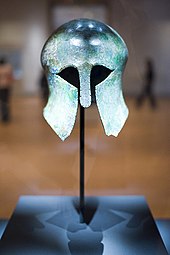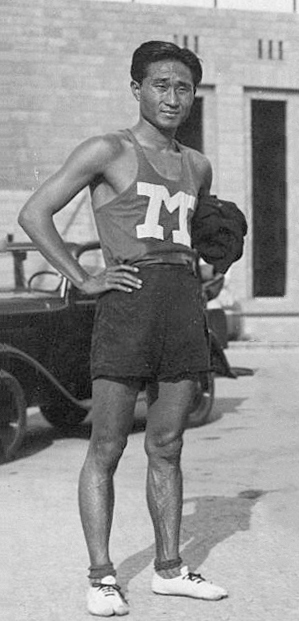
Nam Sung-yong was a Korean Olympian who won a bronze medal in the marathon at the 1936 Summer Olympics, completing the run in 2 hours, 31 minutes, and 42 seconds.
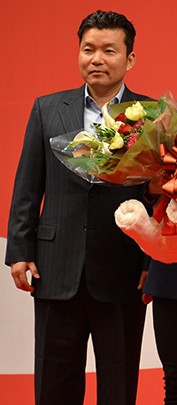
Hwang Young-cho is a former South Korean athlete, winner of the marathon race at the 1992 Summer Olympics and 1994 Asian Games.

The 1936 Summer Olympics, officially known as the Games of the XI Olympiad, was an international multi-sport event held in Berlin, Germany, from 1 August to 16 August.
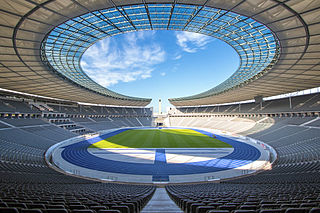
At the 1936 Summer Olympics in Berlin, 29 athletics events were contested, 23 for men and 6 for women. The program of events was unchanged from the previous Games. There was a total of 776 participants from 43 countries competing.

Lee Bong-Ju is a South Korean marathoner.

The Empire of Japan competed at the 1936 Summer Olympics in Berlin, Germany. 179 athletes competed in 13 sports and also participated in art competitions. In art competitions, Japan won 2 bronze medals by Ryuji Fujita in paintings and also Sujaku Suzuki in drawing and water colours.

The Republic of Korea first participated at the Olympic Games in 1948, and has sent athletes to compete in every Summer Olympic Games since then, except for 1980 which they boycotted. South Korea has also participated in every Winter Olympic Games since 1948, except for the 1952 games.

Suh Yun-bok was a South Korean marathoner, who is best known as the winner of the 1947 Boston Marathon.
Ham Kee-yong was a South Korean marathoner, best known as the winner of the 1950 Boston Marathon.
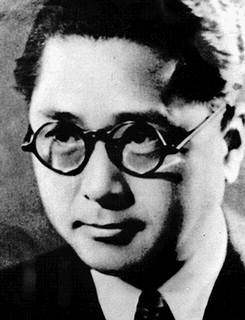
Shim Daeseop, more commonly known by his art name Shim Hun, was a Korean novelist, poet, and playwright.

Greek–South Korean relations are the foreign relations between Greece and South Korea. Greece has an embassy in Seoul and an honorary consulate in Daejeon. South Korea has an embassy in Athens.

Fusashige Suzuki was a Japanese long-distance runner who is credited by the International Association of Athletics Federations for setting a world record in the marathon on March 31, 1935.

The men's marathon event at the 1936 Summer Olympic Games took place August 9. Fifty-six athletes from 27 nations competed. The maximum number of athletes per nation had been set at 3 since the 1930 Olympic Congress. The race was won by Sohn Kee-chung, a Korean athlete competing for Japan as the country was under Japanese occupation; Sohn refused to acknowledge the Japanese anthem at the victory ceremony. Sohn was the first Korean athlete to win an Olympic gold medal, though the medal remains credited as Japan's first victory in the Olympic marathon. Finland (barely) missed the marathon podium for the first time since World War I, with its top two runners placing 4th and 5th.
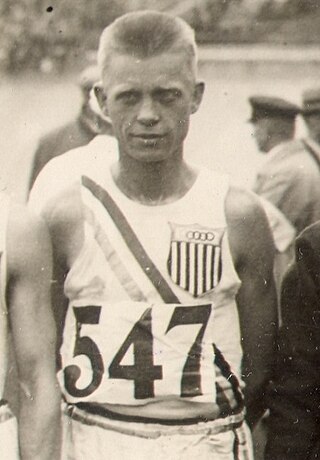
Albert Richard "Whitey" Michelsen was an American long-distance runner who is recognized as having set a world's best in the marathon on October 12, 1925, with a time of 2:29:01 at the inaugural Port Chester Marathon in Port Chester, New York. According to the International Association of Athletics Federations, Michelsen held this record until Fusashige Suzuki posted a 2:27:49 performance in Tokyo, Japan on March 31, 1935.

Yasuo Ikenaka was a Japanese long-distance runner who is credited by the International Association of Athletics Federations for setting a world's best in the marathon on April 3, 1935. According to the IAAF, Ikenaka's time of 2:26:44 was over a minute faster than the previous record set by Fusashige Suzuki three days earlier.
The Chuncheon International Marathon is an annual marathon race which is held in late October in the city of Chuncheon, South Korea. First held in 1946, it is the second oldest marathon in the country after the Seoul International Marathon. Sponsored by The Chosun Ilbo, a major daily newspaper in South Korea, the race is one of two in the country which holds IAAF Silver Label status, along with Gyeongju International Marathon.

The Seoul International Marathon, also known as The Dong-A Ilbo Seoul Marathon or Seoul Marathon, is an annual marathon race that takes place in Seoul, South Korea. It is hosted by the newspaper The Dong-A Ilbo. It is one of two annual races over the 42.195 km classic distance in the city, alongside the JoongAng Seoul Marathon which is held in November. It holds World Athletics Platinum Label Road Race status. First held in 1931, it is the third longest-running road running competition in Asia after the Hakone Ekiden and Chugoku Yamaguchi Ekiden in Japan.
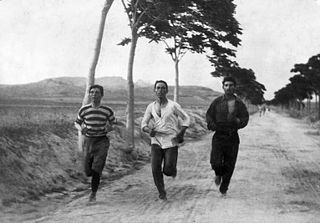
The marathon at the Summer Olympics is the only road running event held at the multi-sport event. The men's marathon has been present on the Olympic athletics programme since the first modern Olympics in 1896. Nearly ninety years later, the women's event was added to the programme at the 1984 Olympics in Los Angeles.


